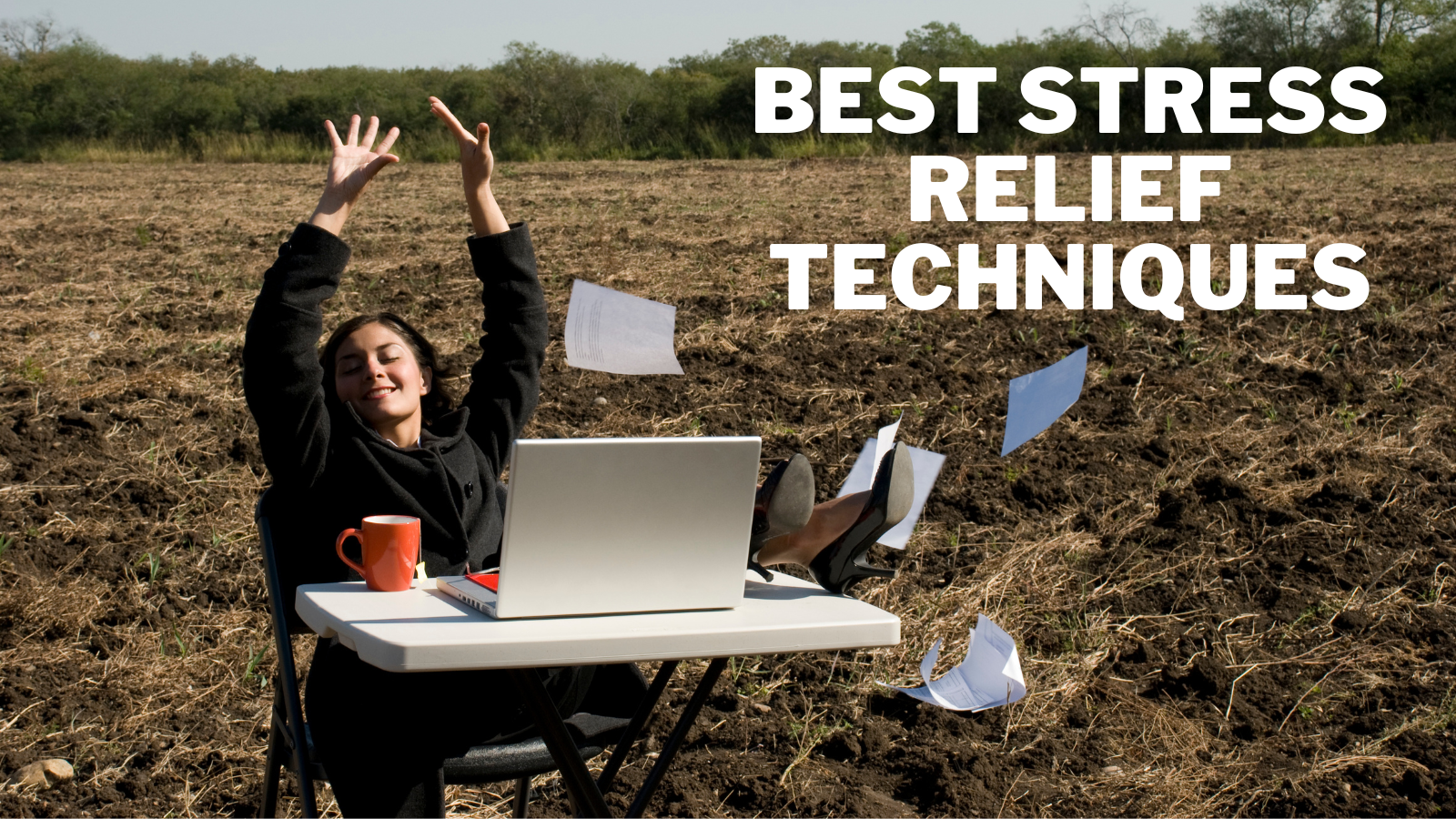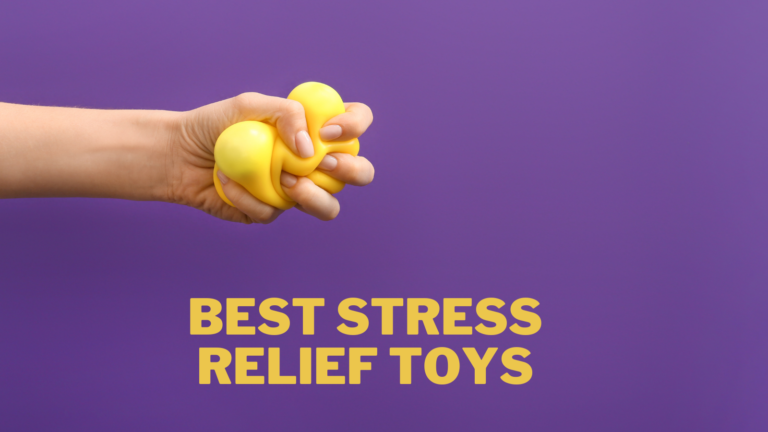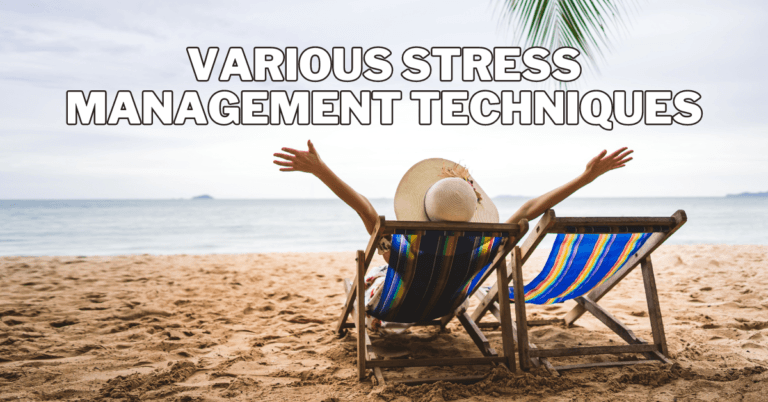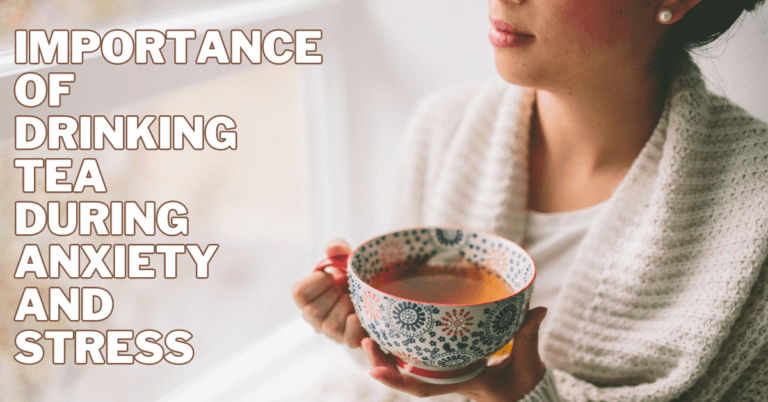Best Stress Relief Techniques
Best Stress Relief Techniques
Stress is a common experience that affects many people daily. Various factors, such as work, relationships, or personal issues, can cause it.
On both physical and mental health, chronic stress can be harmful. Fortunately, there are several methods you may use to control and lower your stress levels.
In this blog post, we will explore some of the best stress relief techniques you can try today to help you feel calmer and more relaxed.
We've covered you, from deep breathing and meditation to exercise and self-care. Let's dive in and discover the best stress relief techniques for a happier, healthier you.

The Importance Of Stress Relief Techniques
Many people encounter stress regularly, which can harm physical and mental health if not managed.
Many health issues, including high blood pressure, heart disease, depression, anxiety, and sleep disturbances, can be brought on by prolonged stress.
1. Reducing Stress Levels
Stress is a normal part of life and can be triggered by various factors such as work, relationships, financial issues, and health problems.
However, chronic or overwhelming stress can lead to multiple physical and mental health problems, such as anxiety, depression, heart disease, and immune system dysfunction. Therefore, managing stress levels to maintain optimal health and well-being is important.
Stress relief techniques aim to reduce stress levels by promoting relaxation and calming the nervous system.
These techniques can include physical activities such as exercise, yoga, and tai chi, which release endorphins and promote peace.
Additionally, mindfulness meditation, deep breathing exercises, and visualization techniques can help calm the mind and reduce the physiological effects of stress.
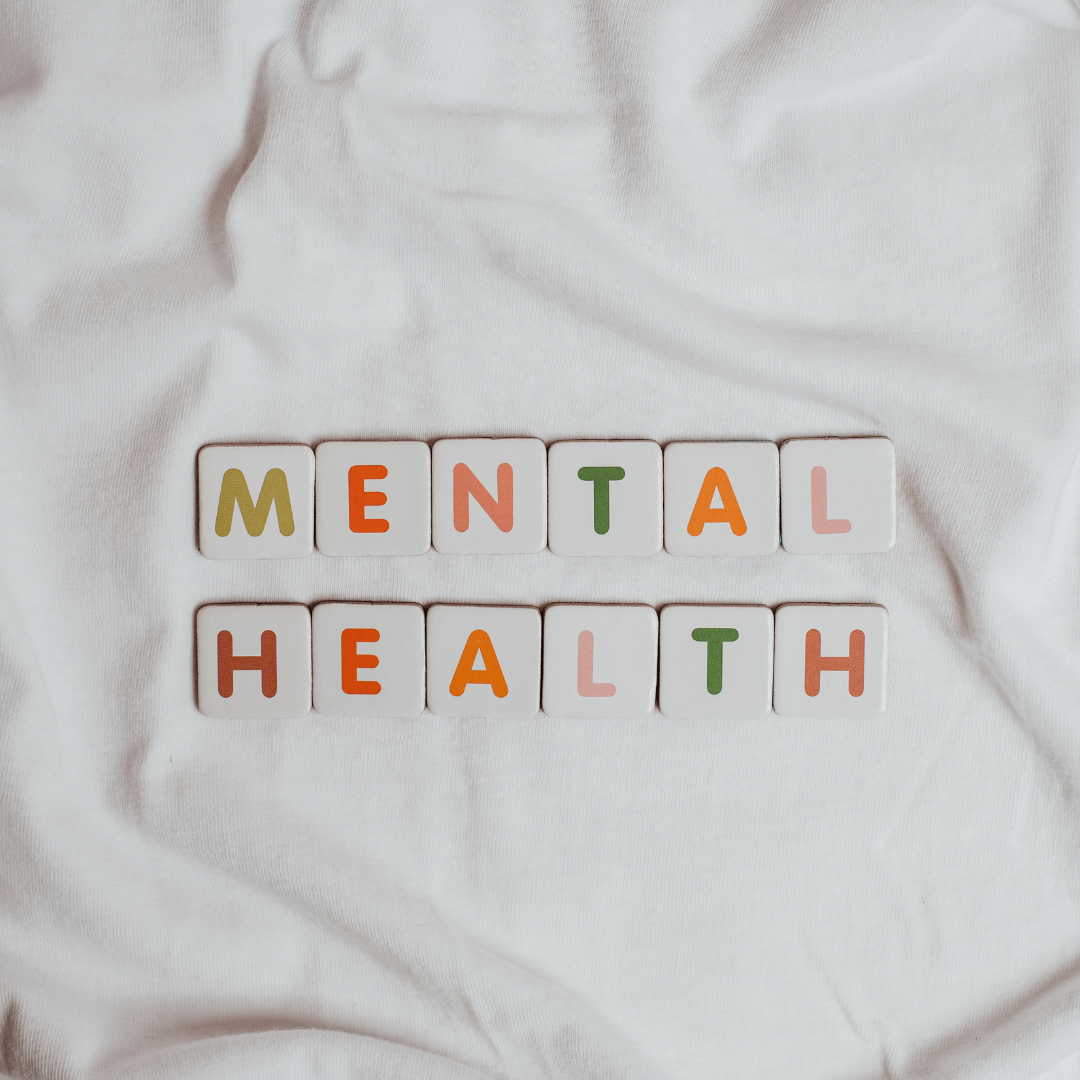
2. Improving Mental Health
Prolonged exposure to stress can lead to feelings of anxiety, depression, and burnout.
Furthermore, chronic stress can also disrupt sleep patterns and contribute to physical health problems such as high blood pressure and cardiovascular disease.
Stress relief techniques can play a crucial role in improving mental health and well-being. Meditation, yoga, and journaling reduce stress and effectively enhance mood.
Mindfulness meditation, in particular, is effective in reducing symptoms of anxiety and depression by promoting a state of relaxation and reducing the physiological effects of stress.
3. Boosting Physical Health
Chronic stress can lead to problems such as high blood pressure, heart disease, and weakened immune function and contribute to other physical health problems such as digestive issues, headaches, and chronic pain.
Stress relief techniques can help improve physical health by reducing stress and promoting relaxation.
Physical Activity, such as exercise and yoga, can help reduce stress levels by releasing endorphins and promoting peace.
Furthermore, regular physical activity reduces the risk of chronic diseases such as heart disease, diabetes, and obesity.
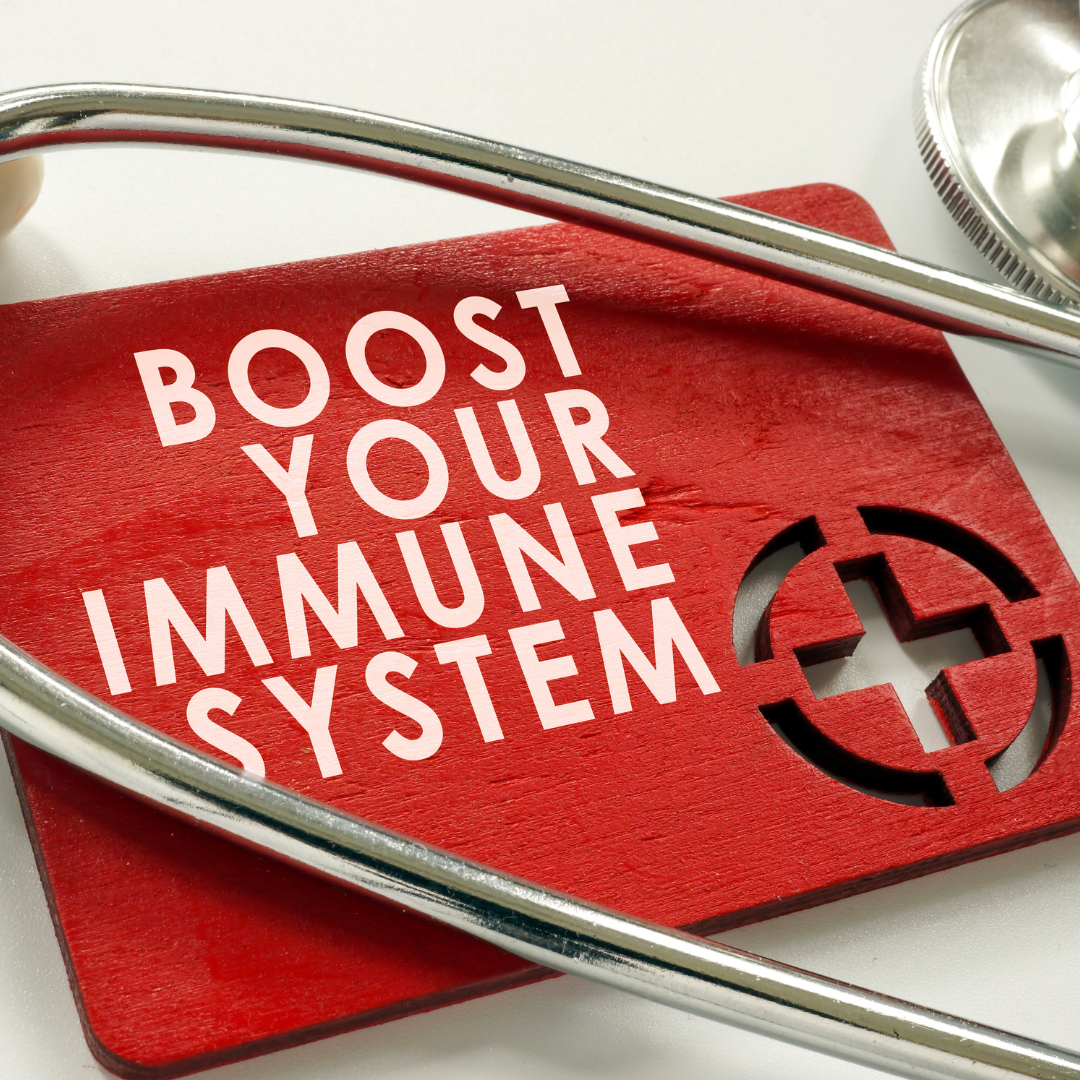
4. Improving Immune Function
Chronic stress can significantly impact immune function, suppressing the body's natural defence mechanisms and making individuals more susceptible to infections and illness.
This is because stress triggers the release of stress hormones such as cortisol and adrenaline, which can reduce the activity of immune cells such as T cells and natural killer cells.
It is more challenging for the body to combat infections and diseases when the immune system is weak.
Stress relief techniques in their daily routine, individuals can help to protect their immune systems and promote overall health and well-being.
This can be particularly important during increased stress, such as during a major life event or periods of illness or injury.
By taking care of themselves and managing stress levels, individuals can help to support their immune systems and maintain optimal health.
5. Enhancing Productivity
When stressed, individuals may have difficulty focusing, experience fatigue and reduced energy levels, and have a negative mindset. This can lead to decreased productivity and poor performance.
Stress relief techniques can help enhance productivity by reducing stress levels and promoting a positive attitude.
Exercise and physical activity, for example, can improve mood and energy levels, leading to enhanced focus and concentration.
Furthermore, physical activity has to improve cognitive function and memory, leading to better productivity and performance.

6. Improving Relationships
Chronic stress can hurt relationships. It can cause individuals to feel irritable, exhausted, and overwhelmed, making it difficult to communicate effectively with their loved ones.
Chronic stress can also lead to misunderstandings and conflict, as individuals may be more likely to lash out or misinterpret their partner's words or actions.
Reducing stress levels and promoting relaxation, stress relief techniques can help to improve communication and foster closer, more positive relationships.
These techniques may include mindfulness meditation, deep breathing exercises, yoga, massage, or other relaxation techniques.
By practicing these techniques regularly, individuals can learn to manage their stress more effectively, leading to improved communication and greater intimacy with their partners.
7. Improving Sleep Quality
Sleep problems are common among people who experience chronic stress. Chronic stress can lead to difficulty falling, staying, or achieving restful sleep.
This can have negative consequences for both physical and mental health.
For example, chronic sleep deprivation can increase the risk of developing certain medical conditions, such as obesity, diabetes, and cardiovascular disease.
It can also contribute to depression, anxiety, and other mental health problems. It is important to address the underlying stress causing sleep problems to improve sleep quality.
Stress relief techniques, such as deep breathing, meditation, and yoga, can help promote relaxation and reduce the physiological and psychological effects of stress.
These techniques activate the body's relaxation response, which can counteract the “fight or flight” response triggered by stress.
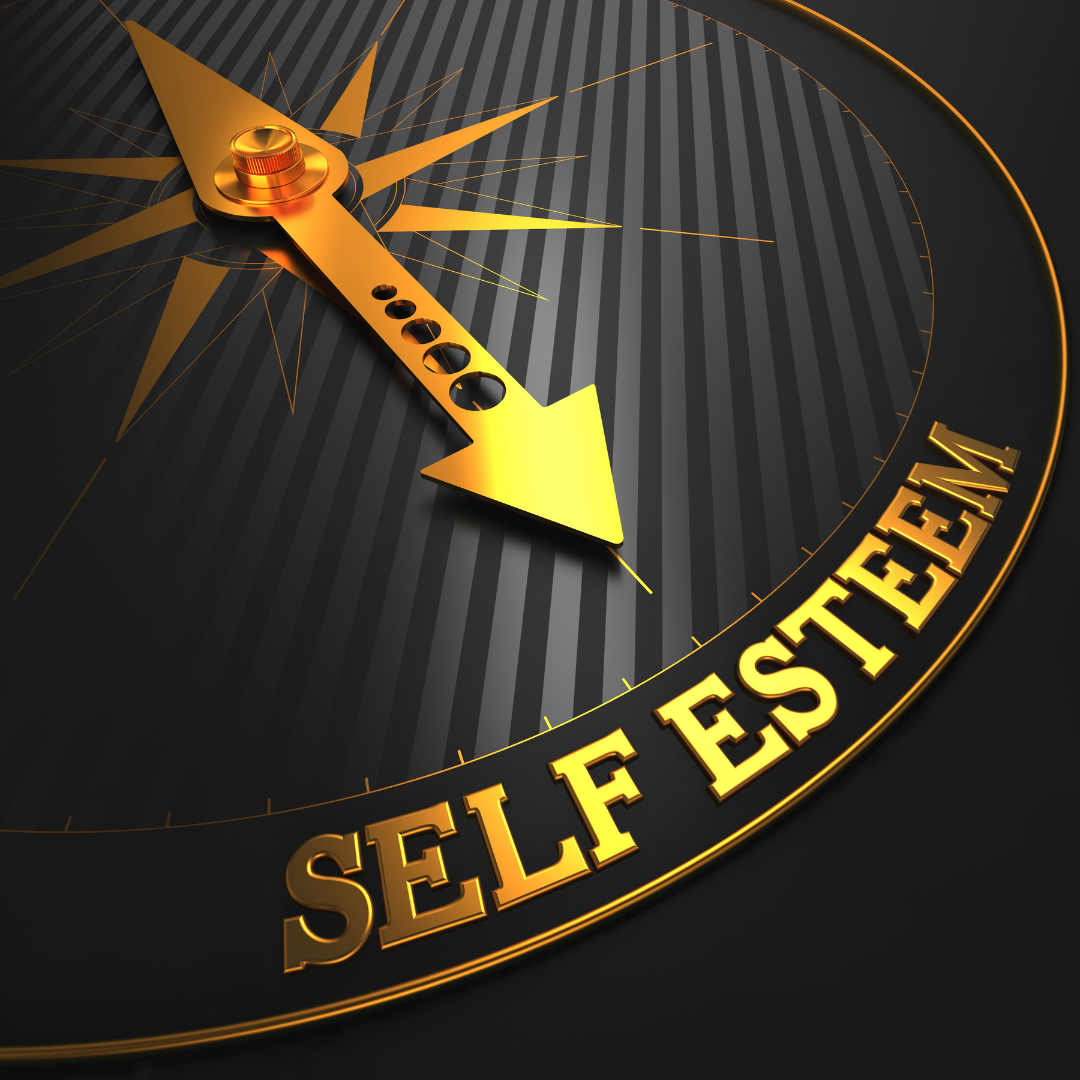
8. Boosting Self-Esteem
Chronic stress can hurt self-esteem, leading to negative self-talk, self-doubt, and feelings of worthlessness.
These negative thought patterns can become ingrained and difficult to overcome, but there are stress relief techniques that can help promote a more positive mindset and boost self-esteem.
One technique that can help is the use of positive affirmations. Positive affirmations are short, positive statements repeated regularly to help promote positive self-talk and challenge negative self-beliefs.
Examples of positive affirmations include “I am worthy,” “I am capable,” and “I am deserving of love and respect.”
By repeating these affirmations regularly, individuals can shift their self-talk from negative to positive, which can help boost self-esteem over time.
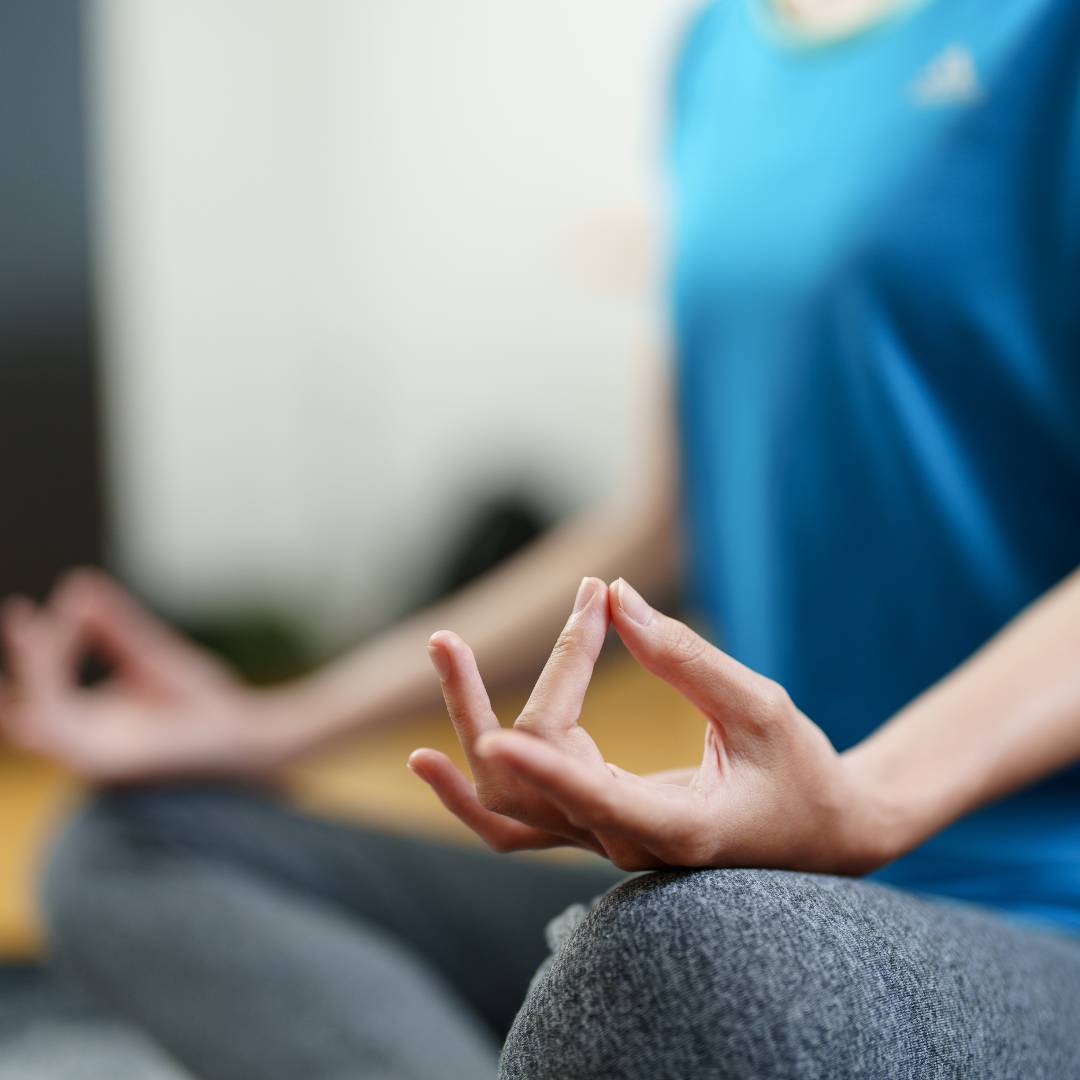
Best Stress Relief Techniques
Stress is a major issue that many individuals deal with daily. Several things might contribute to it, including work pressure, interpersonal tension, money troubles, health challenges, etc.
Your physical and mental health can be negatively impacted by stress, which can also affect your productivity, happiness, and general well-being.
Fortunately, you can control your stress and enhance your quality of life by using a variety of efficient stress relief approaches.

1. Exercise
Regular exercise is a proven method for reducing individual stress levels. The human body releases endorphins, natural chemicals that act as painkillers and improve mood, during exercise.
By incorporating exercise into your daily routine, you can reduce muscle tension, improve the quality of your sleep, and increase your overall energy levels.
The good news is that you don't have to do intense workouts to benefit from exercise. A 30-minute brisk walk or yoga session can significantly help your mental and physical well-being.
The key is to find an exercise routine that works for you and to make it a consistent part of your daily or weekly routine.
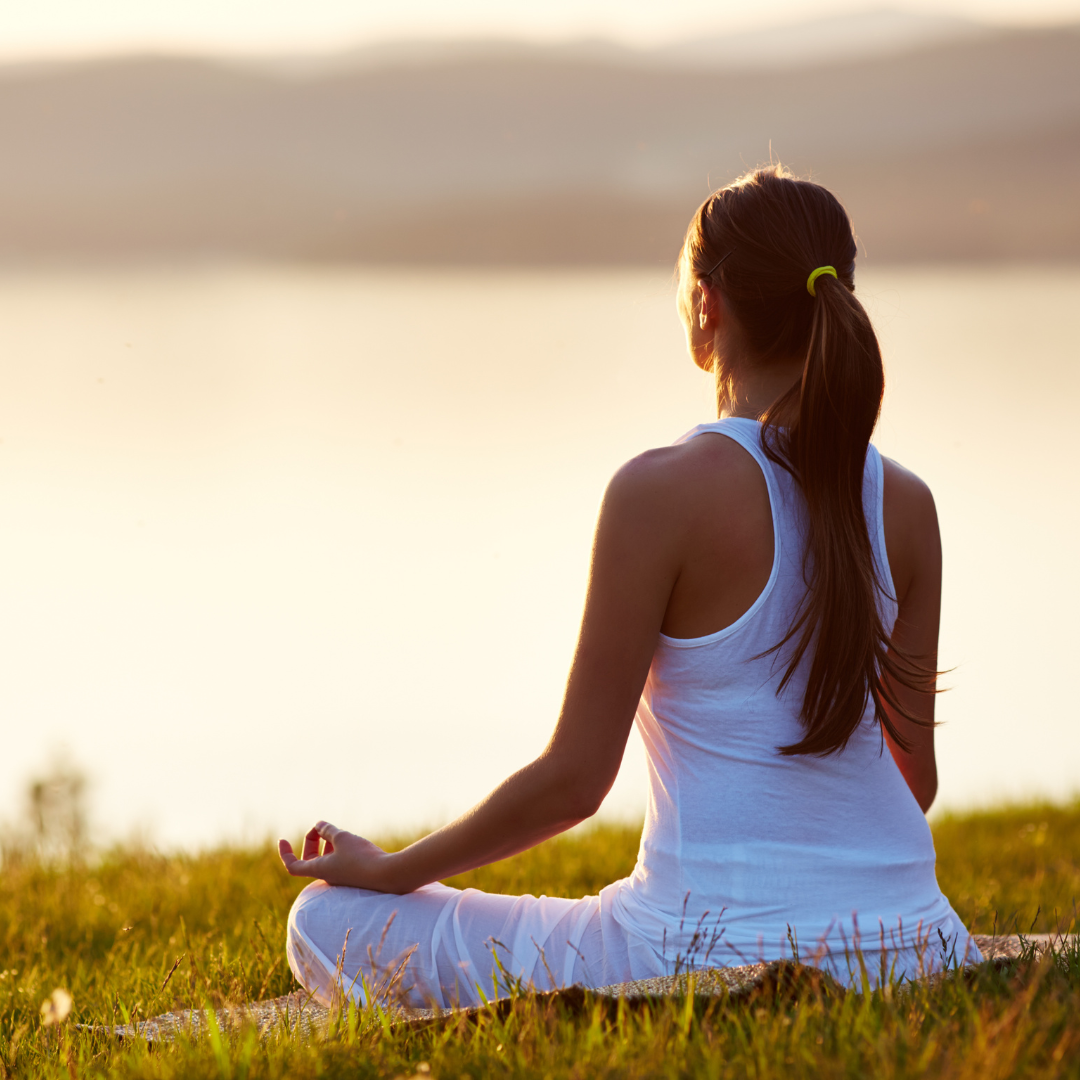
2. Meditation
Meditation is a mindfulness practice used for thousands of years to promote relaxation, improve mental focus, and reduce stress and anxiety. It involves sitting quietly and focusing on the present moment without judgment or distraction.
To meditate, find a quiet and comfortable place where you won't be disturbed. You can sit on a cushion or chair with your back straight or lie down.
Close your eyes or keep them open with a soft gaze, and take a few deep breaths to relax your body and settle your mind.
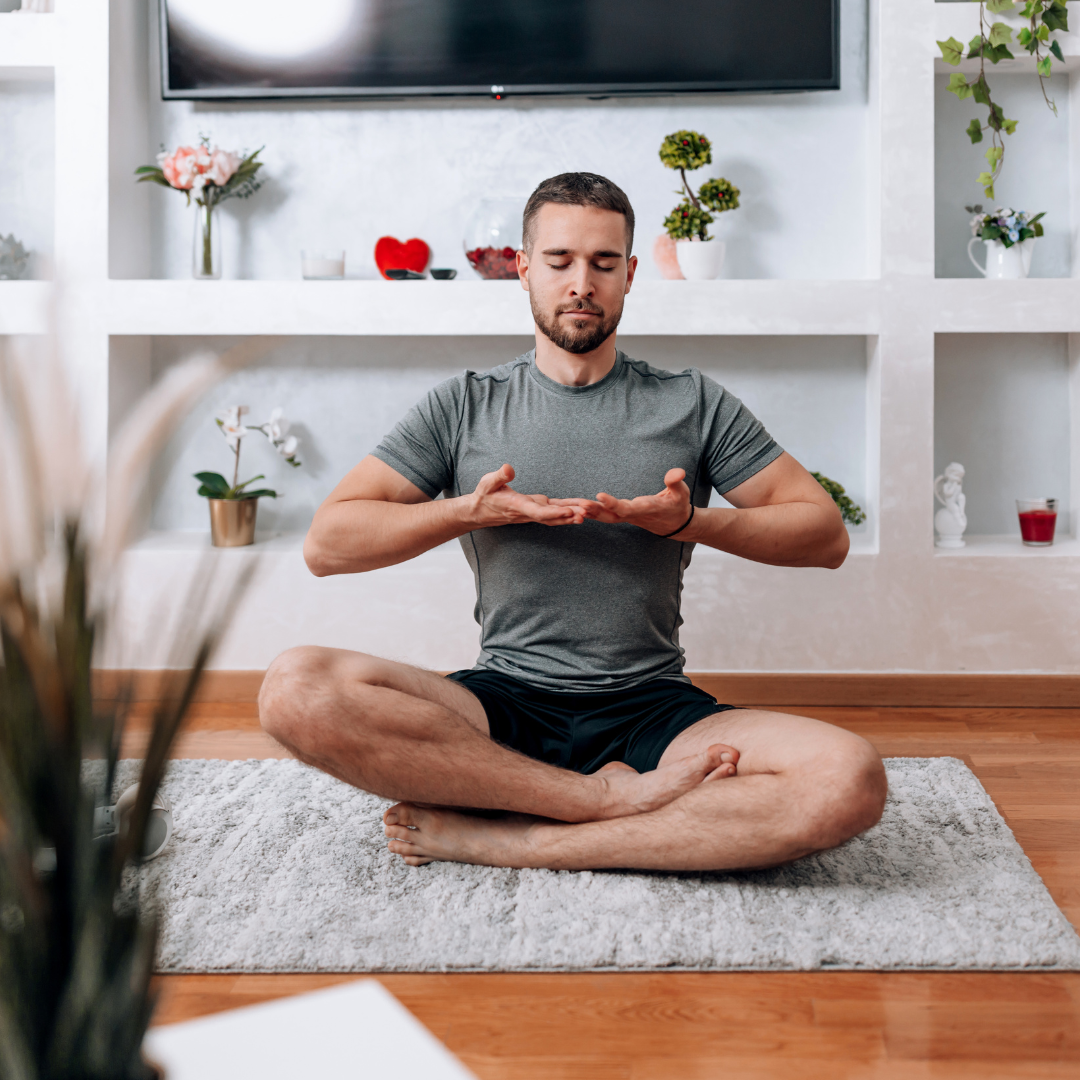
3. Deep Breathing
Deep breathing involves slowly inhaling through your nose and slowly exhaling through your mouth. This technique is simple but highly effective in reducing stress and anxiety.
Deep breathing can help to slow down your heart rate, lower your blood pressure, and relax your muscles. When you take a deep breath, you signal your brain to relax and calm down.
Deep breathing can also help increase the oxygen flow to your brain and body, which can help improve your overall health and well-being.
You can practice deep breathing exercises anytime and anywhere, whether sitting at your desk, standing in line, or lying in bed. The more you practice deep breathing, the more effective it reduces stress and anxiety.

4. Journaling
Journaling is a personal practice that involves writing down your thoughts, feelings, and experiences in a journal or notebook.
Anyone can do it in various formats, including daily entries, stream-of-consciousness writing, or structured prompts.
Journaling provides a safe space to express and process your emotions and experiences, which can help reduce stress and anxiety and improve your overall mental health.
Journaling can be a helpful tool for self-reflection and self-discovery. By writing down your thoughts and experiences, you can better understand your emotions and behaviours.
This can help you identify patterns and triggers that may be causing you stress and develop strategies to cope with them more effectively.

5. Social Support
Social support refers to the emotional, practical, and informational assistance individuals receive from their social networks, including family, friends, and loved ones. It can be crucial in helping people manage stress and cope with challenging situations.
Talking to someone you trust about your problems can provide relief and comfort, allowing you to feel heard and validated. This emotional support can help you feel less alone and more capable of managing stress.

6. Time Management
Time management refers to planning and organizing how much time to allocate to various tasks and activities.
Effective time management is essential for reducing stress and feeling overwhelmed, as it helps individuals prioritize their tasks, stay focused, and use their time more efficiently.
One key strategy for effective time management is to create a schedule or to-do list. This involves setting aside dedicated time to plan your tasks and allocate time to each.
Prioritizing your homework can help you focus on the most important and urgent tasks, allowing you to use your time more effectively.
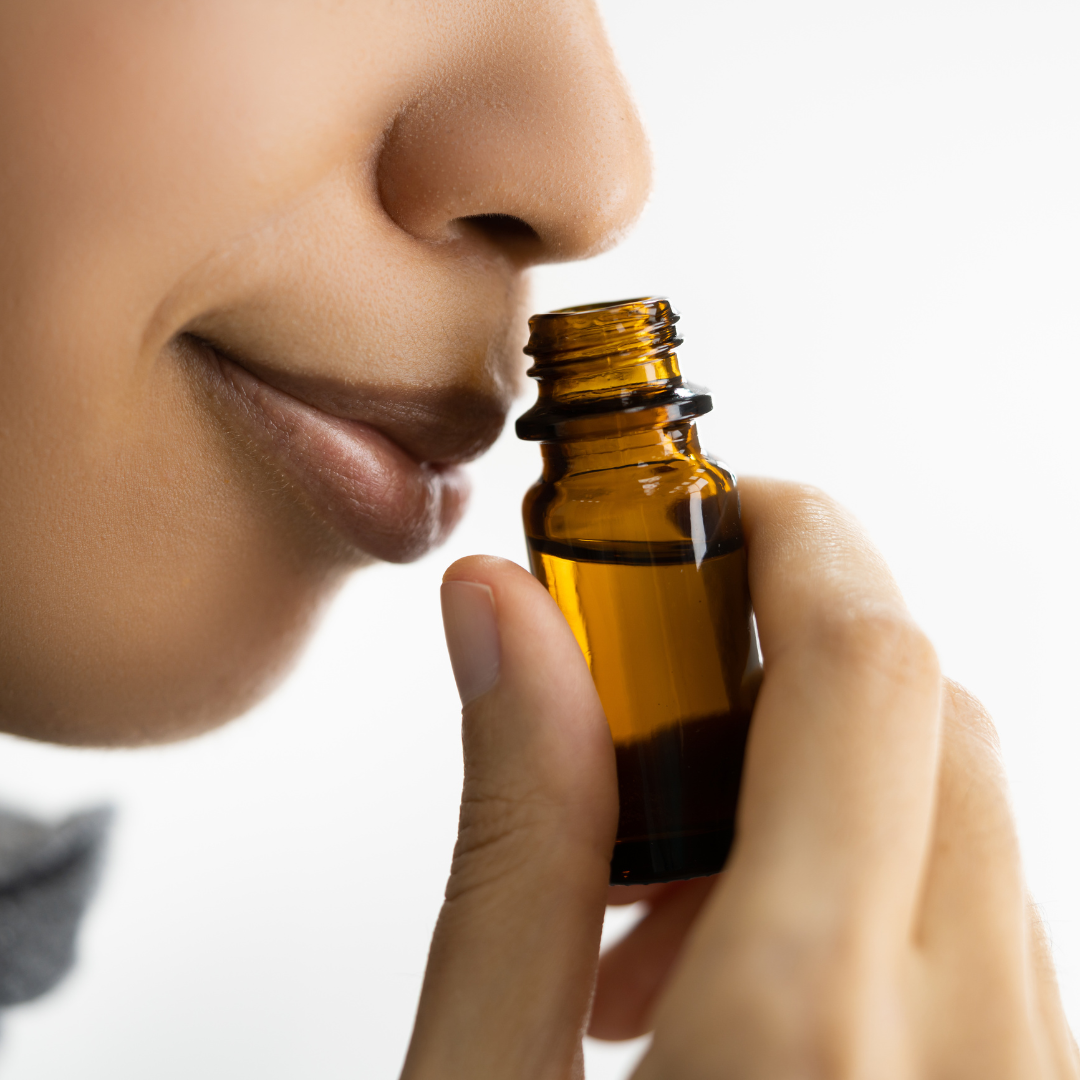
7. Aromatherapy
Aromatherapy is a holistic therapy that utilizes essential oils to promote physical, emotional, and mental well-being.
Essential oils are extracts of plants that have been greatly concentrated and are obtained from a variety of plant components, including leaves, flowers, and roots.
These oils have therapeutic properties that can help to reduce stress, promote relaxation, and enhance overall well-being.
Certain scents have calming and soothing effects on the body and mind. For example, lavender is often used for its calming and sleep-inducing properties, while peppermint is commonly used for its refreshing and energizing effects.
Chamomile is also known for its calming properties and is often used to help reduce anxiety and promote relaxation.

8. Creative Expression
Creative expression can be a powerful tool for managing stress and improving mental health.
Creating something can be calming and energizing, providing a sense of purpose and accomplishment.
When we engage in creative activities, we can explore our emotions and experiences in a safe and non-judgmental way.
Those who have trouble expressing themselves verbally or handling their feelings may find this beneficial.
Painting, drawing, and other visual arts can be particularly effective for stress reduction, as they allow us to focus on the present moment and engage in meditative practice.
Whether journaling, poetry, or fiction, writing can also be a powerful way to express emotions and gain insight into our inner world.

9. Laughter
Laughter is a natural and effective way to reduce stress and improve well-being. Psychological benefits include reducing tension, lowering blood pressure, and boosting the immune system.
One way to incorporate more laughter into your life is to watch a funny movie or TV show. Laughing at a comedy can help to distract you from stress and promote relaxation. Similarly, reading a humorous book can provide a fun escape from every day worries.
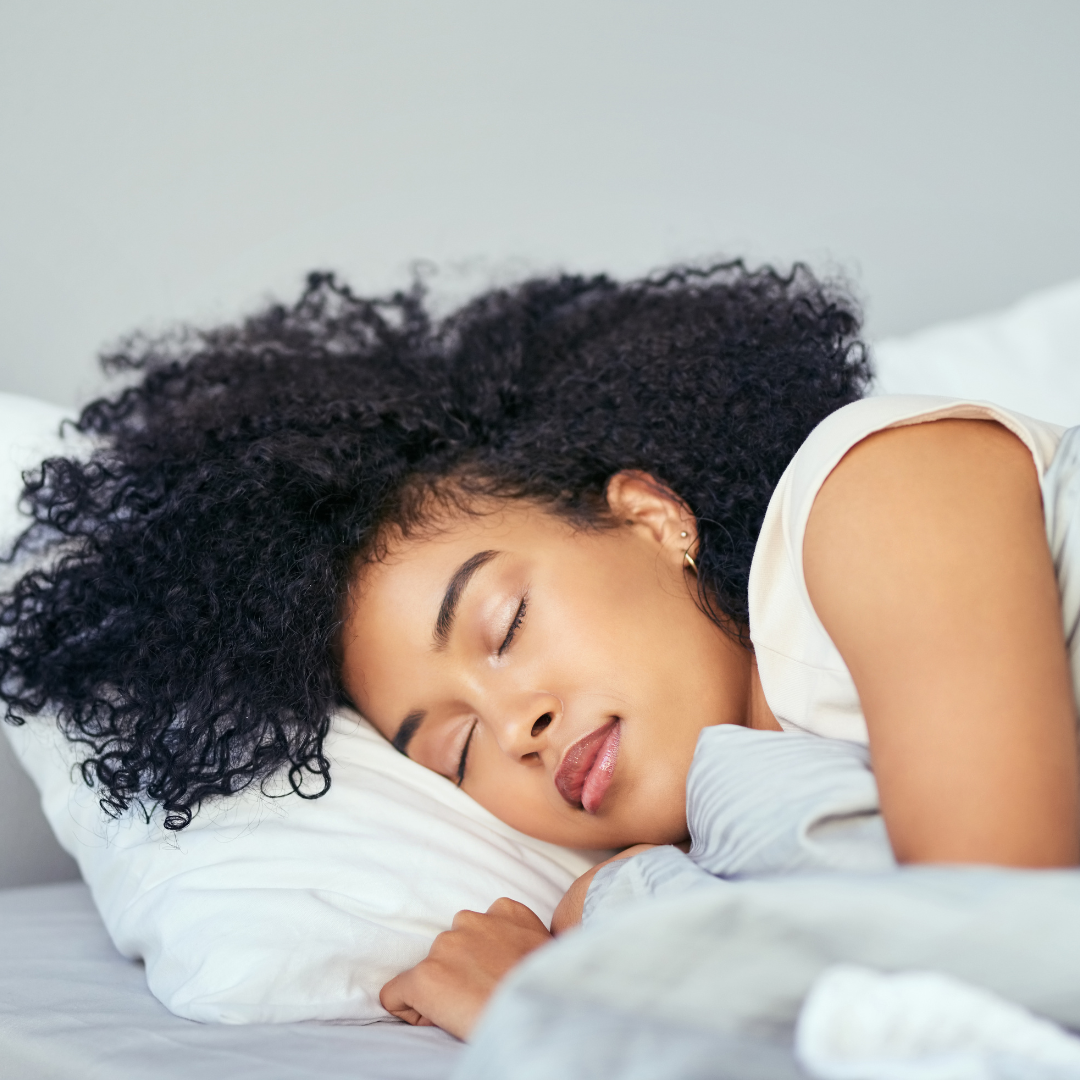
10. Sleep
When you don't sleep enough, you may feel more irritable, anxious, and depressed. Lack of sleep can also negatively impact your cognitive function, memory, and ability to concentrate.
Establishing a regular sleep routine is important to improve your sleep quality. This means going to bed and waking up simultaneously every day, even on weekends. This can help you manage the biological clock in your body and get better sleep.
Additionally, it is important to create a relaxing bedtime routine to help you unwind before sleep. This can include reading a book, taking a warm bath, or listening to calming music.

11. Nutrition
Eating a healthy and balanced diet can positively impact both physical and mental health. It can reduce the risk of Chronic diseases such as obesity, heart disease, and diabetes while also helping to manage stress and anxiety.
High levels of sugar and caffeine can cause spikes in blood sugar and cortisol, which can increase feelings of anxiety and jitteriness. This can lead to a crash later on, leaving you feeling tired and irritable.

12. Spending Time In Nature
Spending time in nature is a simple and effective way to reduce stress and improve overall well-being.
Research has shown that exposure to nature can calm the body and mind, reducing anxiety and promoting relaxation.
Exposure to nature, such as walking in the park or hiking, preserves and calms the body and mind.
Research has shown that spending time in nature can lower cortisol levels, a hormone associated with stress. This can help reduce anxiety and promote relaxation.
Incorporating time in nature often involves physical activity like walking, hiking, or gardening.
Physical activity releases endorphins, mood-boosting chemicals in the brain. This can contribute to an improved mood and overall well-being.
Being in nature allows you to connect with the earth's natural rhythms, such as the rising and setting of the sun, the changing seasons, and the sounds of wildlife.
This can help you feel more grounded and connected to the world, reducing stress and promoting well-being.
Spending time in nature can also provide a much-needed break from screens and technology, allowing you to disconnect from the digital world and reconnect with the natural world.
This also can reduce the mental overload from constant exposure to screens and promote mental clarity and relaxation.

Conclusion
There are numerous stress relief techniques that individuals can use to manage their stress levels effectively.
These techniques include exercise, meditation, deep breathing, progressive muscle relaxation, journaling, spending time in nature, getting enough sleep, seeking social support, and engaging in hobbies or other enjoyable activities.
It is important to find a stress relief technique that works best for you and to incorporate it into your daily routine.
Additionally, it is essential to identify the sources of your stress and work on addressing them proactively.
Remember, managing stress is a lifelong process requiring consistent effort and dedication.
Healthy habits and effective stress relief techniques can reduce stress levels, improve overall well-being, and lead a happier, more fulfilling life.
I trust you enjoyed this article about the Best Stress Relief Techniques. Please stay tuned for more blog posts to come shortly. Take care!
JeannetteZ
>>>Please click here to read my all-inclusive article about Lessons That Will Teach You All About Stress<<<
>>>Are you interested in Natural Healing And Stress Relief through Herbs? Please click here for my #1 Recommendation<<<
Your Opinion Is Important To Me
Thoughts? Ideas? Questions? I would love to hear from you. Please leave me your questions, experiences, and remarks about the Best Stress Relief Techniques in the comments section below. You can also reach me by email at Jeannette@Close-To-Nature.org.
Disclosure
This post may contain affiliate links. I earn from qualifying purchases as an Amazon Associate and other affiliate programs. Please read my full affiliate disclosure.
You might also enjoy these blog posts:
How Does Nature Impact Our Wellbeing
9 Best Ways To Relieve Stress With Nature
8 Best Tips To Reduce Stress Naturally
9 Best Massages For Stress Relief
What Is A Stress Relief Massage?

